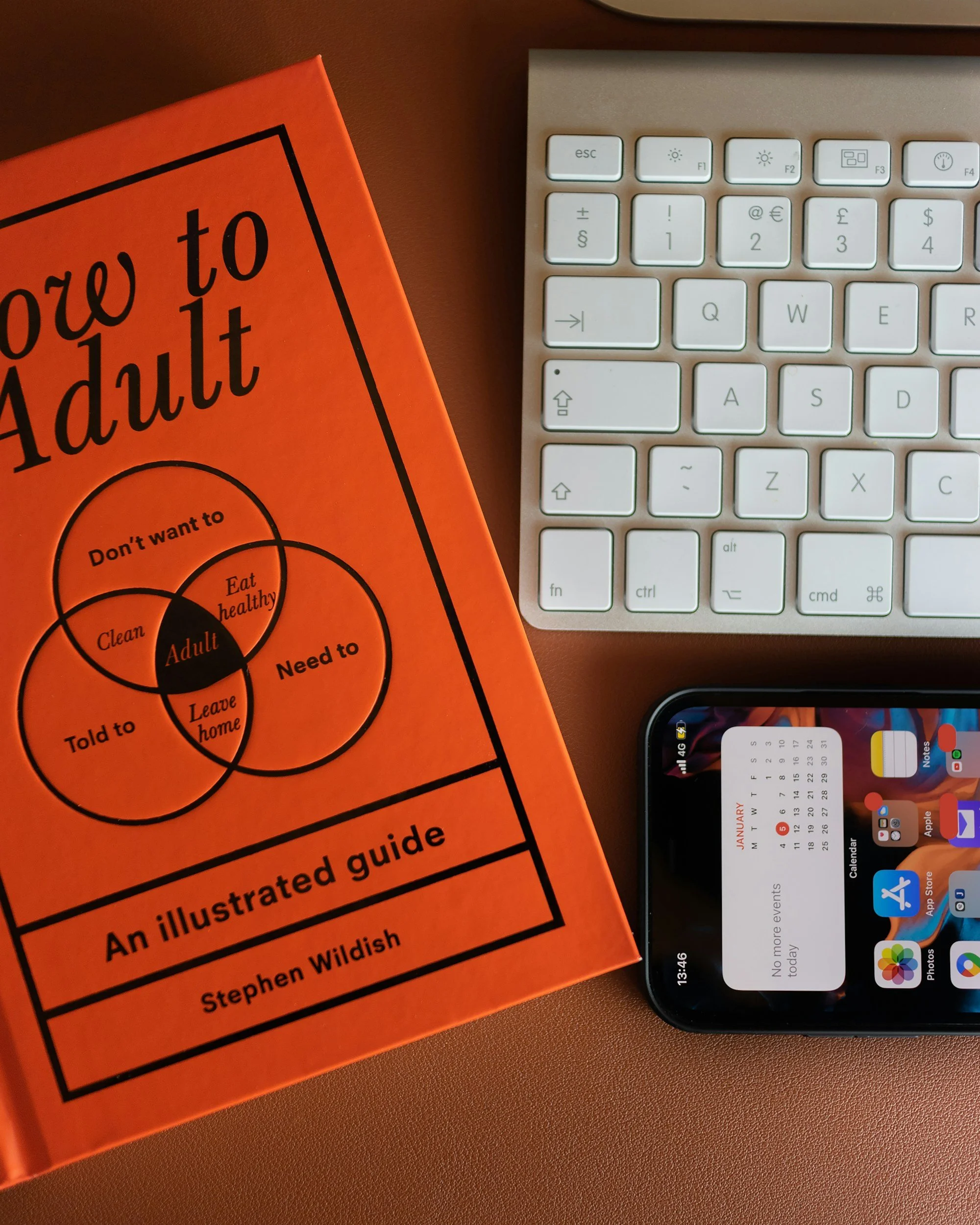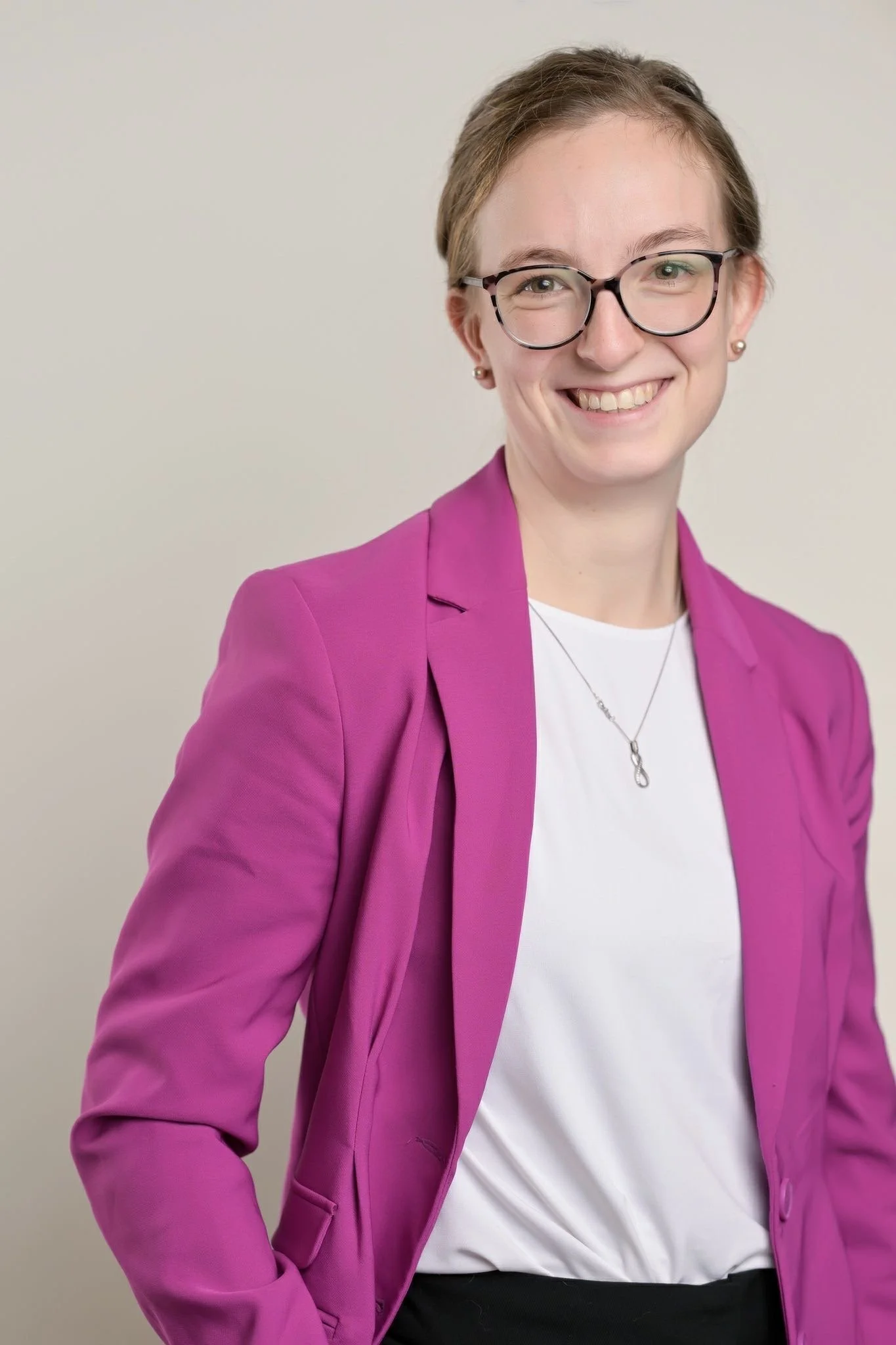Young Adult Therapy in
North Vancouver
The transition from our teens to adulthood can bring so much joy and self-discovery, but it can also be a stressful and overwhelming time. Juggling work, school, relationships, and bills for the first time can feel like too much, especially when you’re still figuring out who you are, where you belong, and what matters to you.
While I specialize in working with young adults under 25, I have experience working with adults of all ages. If you’re looking for a laid back, humorous, authentic, and evidence-based approach, I may be a good fit for you.
Anxiety in young adults.
Many young people find themselves questioning if they’re falling behind or doing enough compared to others their age— whether that’s in school, their career, relationships, or just figuring life out. It can feel like everyone else is moving forward while you’re still trying to find your footing.
Thoughts like everyone else seems to have it together or I’m behind can start to weigh heavily. You may feel unsure about your worth or stuck in cycles of self-criticism, or struggle with feeling “not good enough” in school, at work, or in relationships. Or maybe stress has shown up in your body as a tightness in your chest or throat that doesn’t seem to go away.
Some young people feel stuck, as if something invisible is holding them back from being the person they want to be. This can show up as “self-sabotage” - like staying up late despite knowing it will affect tomorrow, putting off emails or appointments even though it will only get harder, or waiting until the last minute on assignments despite the stress it causes.
With support, you can take small steps that help you feel empowered, regain balance, and move forward in your life.
Depression in young adults.
Depression can make it hard to find purpose in a world that has suddenly been filled with so many demands and responsibilities. It can feel like the interest and motivation setting in your mind had been turned almost completely off. Activities that once brought you joy may start to feel burdensome. You might find your energy barely stretches to meet daily needs, leaving the rest of your day spent trying to rest or recharge without ever truly feeling refreshed.
When mood is low, many young people notice negative self-talk creeping in - thoughts like I never get anything right or things will never improve can feel persistent and hard to quiet. Life may start to feel “off,” and getting back into a routine can seem overwhelming or impossible.
You’re not alone - many people feel drained or stuck at some point throughout their life. With support and small steps, it is possible to regain a sense of balance and ease.
Unhelpful coping mechanisms in young adults.
When people are struggling, we tend to engage in behaviours that help ease our suffering in the short-term, but are unhelpful and sometimes dangerous in the long-term. Common ways that young adults cope with the pain of anxiety and depression include:
Substance use (alcohol, cigarettes, cannabis, etc);
Non-suicidal self-injury (ex. cutting/hurting themselves);
Withdrawing from friends, partners, and family;
Engaging in risky behaviours;
Excessive screen time;
Negative self-talk.
Cognitive Behaviour Therapy for Young Adults
Cognitive Behaviour Therapy (CBT) is a highly effective, evidence-based treatment for anxiety and depression. The goal of CBT is to identify unhelpful self-talk (thinking traps) and behaviours that keep us stuck, and replace them with more accurate and supportive ways of thinking and responding. CBT also helps people practice coping strategies and small behavioural changes that make daily life feel more manageable. Over time, it empowers them to feel more confident, resilient, and in control of their emotions. For a full overview of CBT, click here.
While I mainly work through a CBT lens, I do use techniques from a few other modalities:
Dialectical Behaviour Therapy (DBT): helps people by teaching practical skills for managing big emotions, improving relationships, and coping with stress in healthier ways. DBT can be especially effective in helping young adults to set boundaries and navigate tricky interpersonal relationships.
Acceptance and Commitment Therapy (ACT): helps people by guiding them to acknowledge difficult thoughts and feelings without getting caught up in them, reducing the extra suffering that comes from fighting our thoughts and feelings, while focusing on actions that align with their values and goals.
My approach is:
Warm, compassionate, authentic, and humorous.
Person-centered, respecting your autonomy and supporting you in making choices that align with your values.
Culturally informed, honoring your background, identity, and unique experiences.
Takes a harm reduction perspective, focusing on safety and practical strategies while supporting healthier and more helpful choices.
About Alexina
I’m a Registered Clinical Counsellor with a Master of Counselling Psychology, where I specialized in school and youth populations. I completed my clinical practicum at Foundry North Shore, where I supported youth ages 12–25 with concerns such as perfectionism, excessive worries, suicidal ideation, and relationship challenges. I am trained in Cognitive Behaviour Therapy. I have nearly 10 years of experience tutoring high school math privately.
I find great fulfillment in supporting and working with children and young people.
When I’m not working, you can find me running on the North Shore, or watching teen and young adult shows on Netflix (staying up to date on relevant pop culture is a MUST - for the record, I am team Conrad 100%).



